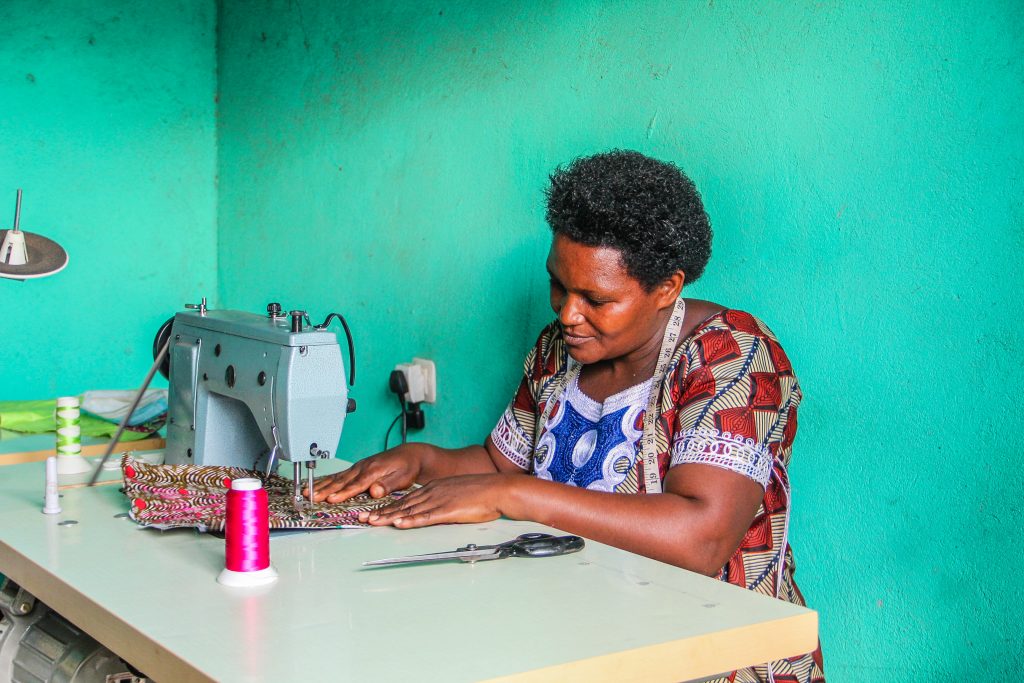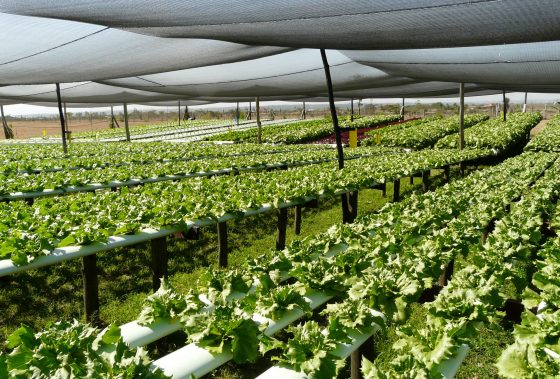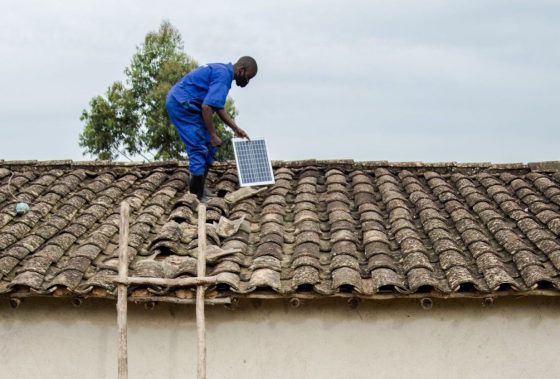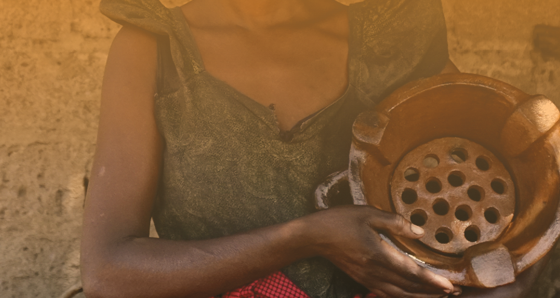
Rwanda
Rwanda has made remarkable progress in expanding energy access, increasing household electricity connections from just 6% in 2009 to over 80% today. While the ambitious goal of universal access by 2024 has been extended to 2029, the country remains firmly on track, driven by a combination of grid expansion, off-grid solar solutions, and strong investment in renewable and clean energy sources.
Beyond basic access, Rwanda recognizes that electricity should serve as a catalyst for economic growth rather than merely a consumption good. The promotion of productive use of energy (PUE) — such as powering small businesses, agro-processing, and cold storage — has been deeply integrated into national energy and development policies. By empowering communities to generate income and create jobs, PUE strengthens rural economies and ensures that energy investments deliver tangible, long-term benefits.
Clean cooking is also a central pillar of Rwanda’s Energy Sector Strategic Plan (ESSP) 2024–2029. With around 76% of households still relying on traditional biomass, the government aims to significantly reduce this dependence by scaling up improved cookstoves (Tier 3 or higher) to reach 22% penetration and expanding access to modern solutions like electric cooking to 27% of households. To accelerate this transition, a national ban on sub-Tier 3 cookstoves came into effect in January 2024.
Technologies used in this project
- Grid
- Hydro mini-grids
- Improved cookstoves
- Stand-alone systems
Country data
- People with access to modern cooking energy: 608,442*
- People with access to electricity: 48,946*
- SIs with access to modern energy services: 11*
- MSMEs with access to modern energy services: 73*
- *Achievements until December 2024
Approach
Generating income through the productive use of energy
In 2024, EnDev launched the PURE.Ag project (“Productive Use of Renewable Energy in Agricultural Value Chains”) in partnership with MC-E4I and EUCORD. The Productive Use of Renewable Energy in Agriculture Value Chains (PURE.Ag’s) primary objective is to empower smallholder farmers by providing access to affordable and reliable renewable energy solutions for agriculture such as solar-power irrigation systems.
PURE.Ag employs a Results-Based Financing (RBF) mechanism to offer incentives to SWP suppliers to adopt business models based on consumer credit, including PAYGo and harvest-based payment schemes. This transition away from traditional cash sales aims to enhance affordability and accessibility for farmers, driving wider adoption of solar irrigation technologies.
Through strategic engagement with financial institutions, agronomists, and local government stakeholders, the project has provided user trainings and fostered an enabling environment for sustainable market growth, ensuring long-term impact on productivity, food security, and climate resilience.
Learn more about PUE in Rwanda
Tackling Traditional Cooking Head-On
EnDev’s Reducing the Climate Impact of Cooking (ReCIC) project, co-financed by the European Union under the GCCA+ initiative, supports the sustainable production and dissemination of improved cookstoves (ICS) and alternative fuels. This effort is complemented by a nationwide awareness-raising and behaviour change campaign called “NOZA IMITEKERE”—a Kinyarwanda phrase meaning clean cooking. Additionally, EnDev works with the Government of Rwanda to strengthen the regulatory framework, enhance testing capacities, and improve overall sector coordination.
Learn more about ReCIC in Rwanda
In addition, EnDev Rwanda also supports the clean cooking transition in humanitarian settings. In Rwanda’s refugee camps, where charcoal use is banned, most households continue to depend on firewood and inefficient stoves. In response, EnDev through Results-Based Financing for Refugees (RBF4R) supports the adoption of higher-tier cookstoves using alternative fuels such as pellets. Launched in 2023, this initiative interlinks closely with another humanitarian energy project supported by Swedish funding. It focuses on making clean cooking solutions, especially pellet stoves, more affordable for the most vulnerable refugee households through a demand-side subsidy. In addition to household-level support, the project empowers 50 female entrepreneurs by facilitating access to energy solutions that help grow their businesses and strengthen local economic participation.
Powering Up Electric Cooking
The project Sustainable electric Cooking Access Leveraging Electricity Uptake in Rwanda (SCALE.up) was initiated to address the continuous and high use of biomass for cooking in urban areas, and the very low consumption of electricity at household level. The SCALE.up project is implemented in terms of the following two sub-projects: (1) grid densification which is concerned with grid connection of non-electrified households located in grid service areas, and (2) Result based reimbursement/RBR for electric cooking to facilitate accessibility, affordability and increase awareness of electric cooking appliances to households. In addition, it incorporates a gender responsive approach where each sub-project provides special interventions to women-headed households. Based on its results on the ground, the project supports the design of a roadmap towards an eCooking tariff that could encourage and boost uptake of electric cooking appliances in households.
Read three success stories from Rwanda’s clean cooking sector here.
Learn more about EnDev´s approach



